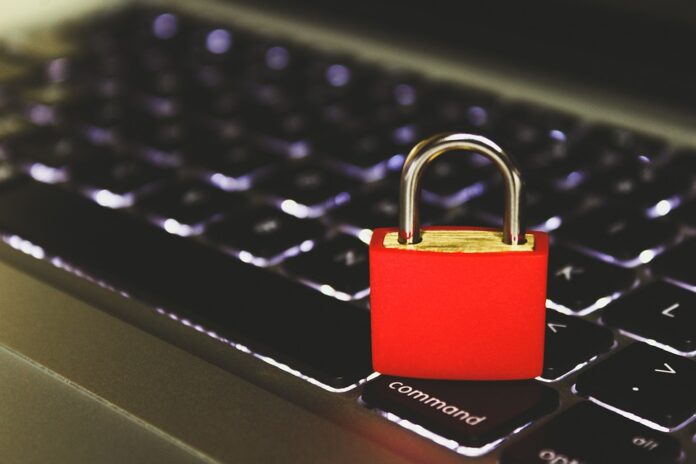In today’s digital age, the world of cyber forensics plays a vital role in investigating and solving cybercrimes. Cyber forensics, also known as digital forensics, is the process of collecting, analyzing, and preserving digital evidence to uncover the truth behind cyber incidents. This guide will help you navigate the complex world of cyber forensics and unlock the secrets of the digital realm.
Understanding Cyber Forensics
Cyber forensics is a multidisciplinary field that involves a mix of law, computer science, and investigative techniques to uncover digital evidence. This evidence can range from emails, documents, social media posts, to network logs and metadata. Cyber forensic experts use specialized tools and techniques to extract and analyze this digital evidence in a legally admissible manner.
The Role of a Cyber Forensic Investigator
A cyber forensic investigator is responsible for conducting a thorough investigation of digital evidence to determine the who, what, when, where, and how of a cyber incident. They must follow strict protocols and guidelines to ensure the integrity and admissibility of the evidence in a court of law. These professionals play a crucial role in identifying cyber threats, investigating data breaches, and helping to bring cybercriminals to justice.
Key Challenges in Cyber Forensics
One of the main challenges in cyber forensics is the rapidly evolving nature of technology. New devices, applications, and encryption methods present unique challenges for forensic investigators. Additionally, the volume of digital evidence and the complexity of digital systems can make it difficult to extract and analyze relevant information. Cyber forensic experts must stay updated on the latest trends and techniques to effectively investigate cybercrimes.
Tools and Techniques in Cyber Forensics
There are various tools and techniques used in cyber forensics to extract, preserve, and analyze digital evidence. These include forensic imaging tools, network sniffers, file recovery software, and encryption analysis tools. Specialized techniques such as steganography analysis, metadata extraction, and memory forensics are also used to uncover hidden or deleted information. Cyber forensic experts must possess a strong understanding of these tools and techniques to effectively investigate cyber incidents.
Legal and Ethical Considerations
In cyber forensics, legal and ethical considerations are paramount. Investigators must follow strict guidelines to ensure that evidence is collected and analyzed in a legally admissible and ethical manner. Chain of custody procedures, data privacy laws, and ethical standards must be followed throughout the investigation process. Any deviation from these guidelines can compromise the integrity of the evidence and jeopardize the outcome of the investigation.
Conclusion
In conclusion, cyber forensics is a crucial field that helps unravel the mysteries of the digital world. By understanding the key principles, challenges, tools, and techniques of cyber forensics, we can better equip ourselves to navigate the complexities of cyber investigations. Whether you are a cybersecurity professional, law enforcement officer, or simply interested in the world of technology, this guide serves as a stepping stone into the fascinating world of cyber forensics.
Frequently Asked Questions:
Q: What is the difference between cyber forensics and traditional forensics?
A: Cyber forensics focuses on investigating digital evidence such as emails, files, and network logs, while traditional forensics deals with physical evidence such as fingerprints, DNA, and weapons.
Q: How can I pursue a career in cyber forensics?
A: To pursue a career in cyber forensics, you can obtain a degree in computer science, cybersecurity, or digital forensics. Certifications such as Certified Information Systems Security Professional (CISSP) and Certified Ethical Hacker (CEH) can also help advance your career in cyber forensics.


